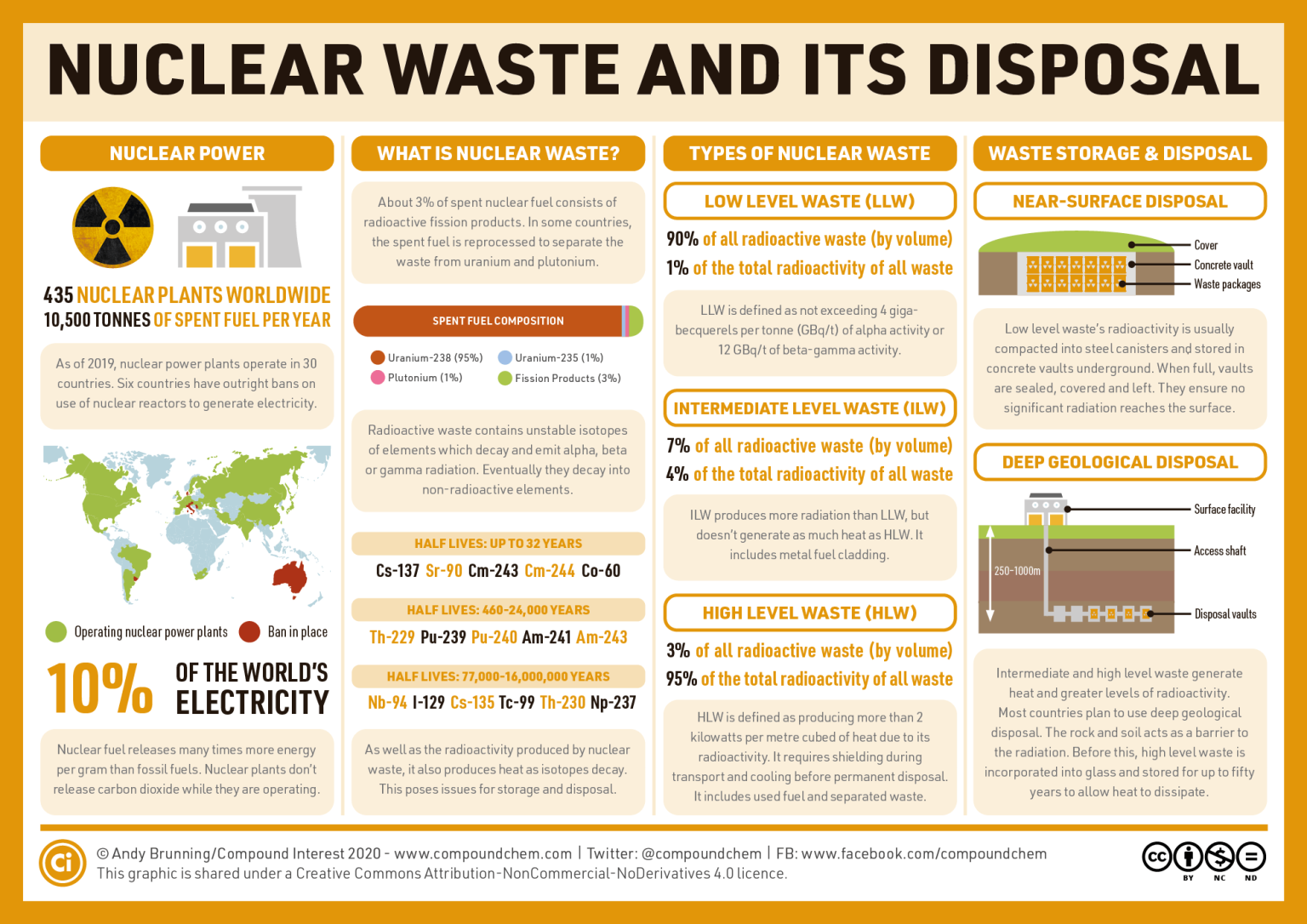Important Facts For Prelims
International Atomic Energy Agency (IAEA)
- 24 May 2024
- 5 min read
Why in News?
Recently, the International Atomic Energy Agency urged increased caution against the trafficking of nuclear and radioactive materials, citing over 4,200 incidents in the past three decades as it began its fourth International Conference on Nuclear Security (ICONS) on nuclear security.
What is the International Atomic Energy Agency (IAEA)?
- IAEA is an intergovernmental organisation that seeks to promote the peaceful use of nuclear energy and to inhibit its use for any military purpose, including nuclear weapons.
- It was established in 1957 as the world’s “Atoms for Peace” organisation within the UN, and governed by its own founding treaty - the Statute of the IAEA.
- It reports to both the UNGA and the UNSC and is headquartered at the UN Office at Vienna, Austria
- In 2005, it was awarded the Nobel Peace Prize for its work for a safe and peaceful world.
- The IAEA has 178 member states, India being one of the founding members of it.
- International Conference on Nuclear Security (ICONS):
- The IAEA’s International Conference on Nuclear Security (ICONS) is a significant event for the nuclear security community around the world.
- ICONS 2024 was held at the IAEA Headquarters in Vienna, Austria where the following concerns regarding nuclear waste were highlighted:
- Currently, 145 states report incidents involving lost, stolen, improperly disposed of, or neglected nuclear or radioactive materials to the IAEA.
- Many radioactive substances are utilised in medical facilities, educational institutions, and industries worldwide.
- The main concern is extremists using radioactive materials in a “dirty bomb” which, while less deadly than an atomic bomb, could cause mass panic in urban areas.
Initiatives Related to Safe Radioactive Discharge
- International:
- Convention on Early Notification of a Nuclear Accident: The 1986 treaty by the International Atomic Energy Agency (IAEA) mandates countries to promptly notify any nuclear accidents that could impact other nations.
- Convention on Nuclear Safety (CNS), 1994: The CNS mandates states to establish and maintain a regulatory framework for nuclear safety, ensuring the safety of nuclear power plants and protecting against ionising radiation's harmful effects.
- Joint Convention on the Safety of Spent Fuel Management and on the Safety of Radioactive Waste Management, 2001: It is the first IAEA global agreement on radioactive waste management, focusing on the safety of spent fuel and waste, accident prevention, and reducing radiological risks.
- India’s Initiatives:
- Atomic Energy Regulatory Board (AERB): AERB regulates nuclear and radiation safety, setting and enforcing standards to ensure safe operation of nuclear facilities and manage radioactive discharge in India.
- Environmental Impact Assessment (EIA): Before approval, nuclear projects, such as power plants, undergo thorough environmental impact assessments that assess potential impacts on the environment and health, including radioactive discharges.
- Effluent Treatment and Dilution: Nuclear facilities utilise effluent treatment systems to manage liquid radioactive waste, employing dilution and dispersion methods to reduce the concentration of radioactive substances in discharges.
UPSC Civil Services Examination, Previous Year Questions (PYQs)
Prelims:
Q. In India, why are some nuclear reactors kept under “IAEA safeguards” while others are not? (2020)
(a) Some use uranium and others use thorium
(b) Some use imported uranium and others use domestic supplies
(c) Some are operated by foreign enterprises and others are operated by domestic enterprises
(d) Some are State-owned and others are privately owned
Ans: (b)
Q. In the Indian context, what is the implication of ratifying the ‘Additional Protocol’ with the ‘International Atomic Energy Agency (IAEA)’? (2018)
(a) The civilian nuclear reactors come under IAEA safeguards.
(b) The military nuclear installations come under the inspection of IAEA.
(c) The country will have the privilege to buy uranium from the Nuclear Suppliers Group (NSG).
(d) The country automatically becomes a member of the NSG.
Ans: (a)







